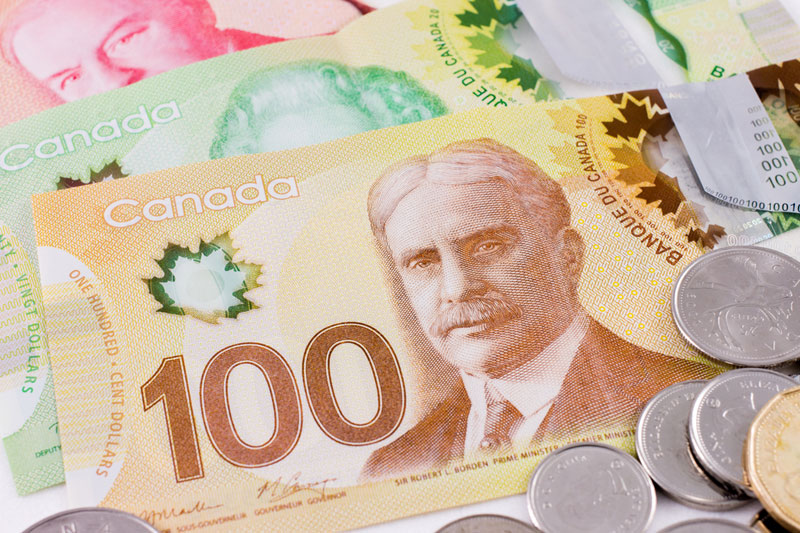(Adds comments by finance minister, economist)
By Evan Dugan
Feb 19 (Reuters) - Canada's British Columbia province on Tuesday projected a budget surplus of C$274 million ($207 million) in fiscal 2019-20, with larger surpluses forecast over the following two years and launched a new child benefit program and several initiatives to tackle climate change.
B.C.'s left-leaning NDP government said the budget will help to divert more money into the pockets of families in a province that continues to struggle with a high cost of living.
Finance Minister Carole James said the province is expecting to lead Canada in GDP growth at a 2.4 percent rate in 2019 while it has maintained the country's lowest unemployment rate for 17 months in a row.
The government, which holds power in a coalition with the B.C. Green Party, promised to launch the B.C. Child Opportunity Benefit in October 2020, expanding on an existing tax benefit to give nearly C$400 million annually to roughly 290,000 families based on income and number of children.
"Too many people in our province are just a paycheque away from poverty," James said in her Budget Speech. "When family budgets are squeezed, even a small setback can lead to crisis."
It also announced a new revenue-sharing program with B.C.'s indigenous communities that will provide C$3 billion over 25 years, and C$300 million over three years to help fund self-government, cultural revitalization and improved services.
The government said it would eliminate medical service fees and all interest charges on provincial student loans.
Ken Peacock, the chief economist at the Business Council of British Columbia, called it a "no surprises budget". He said while it builds in some additional spending, the budget fails to address the province's level of competitiveness moving forward.
To tackle climate change, the budget included C$902 million over three years for the CleanBC program, to lower greenhouse gas emissions by 40 percent by 2030, based on 2007 levels.
It also promised C$111 million in new money over the next three years to improve B.C.'s ability to respond to wildfires, an issue that has become a nearly annual crisis in the heavily forested province throughout the summer months.
The government is predicting a surplus of C$287 million in 2020/21 and a surplus of C$585 million in 2021/22. The budget set total revenues for this fiscal year of C$59.047 billion and expenses of C$58.273 billion.
The total provincial debt is projected to increase by C$14.5 billion over the next three years to reach a total of C$82.4 billion by 2021/22. The province's debt to GDP ratio is expected to remain near 16 percent over the next three years.
B.C's debt load is much lower than some other major provinces, including Ontario. Ontario projected in November that its net-debt-to-GDP ratio will rise to 40.5 percent in 2018-19 from 39.2 percent in the prior year. = 1.3209 Canadian dollars)
